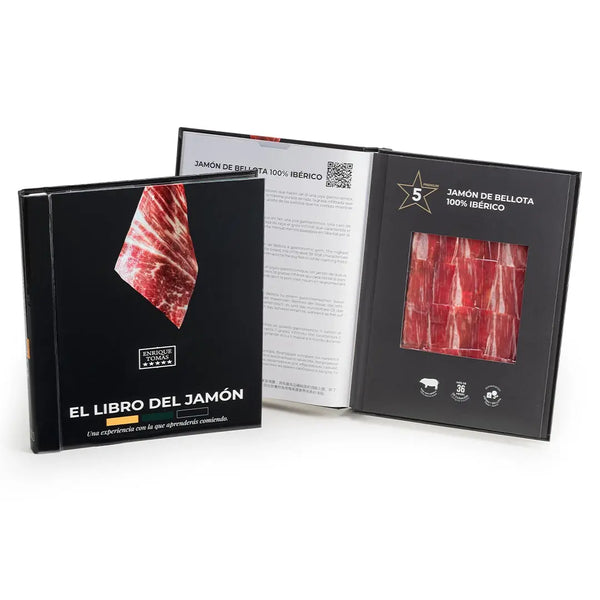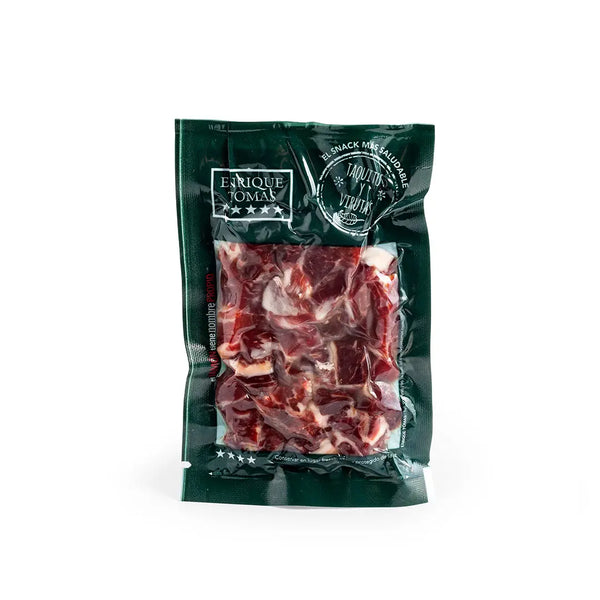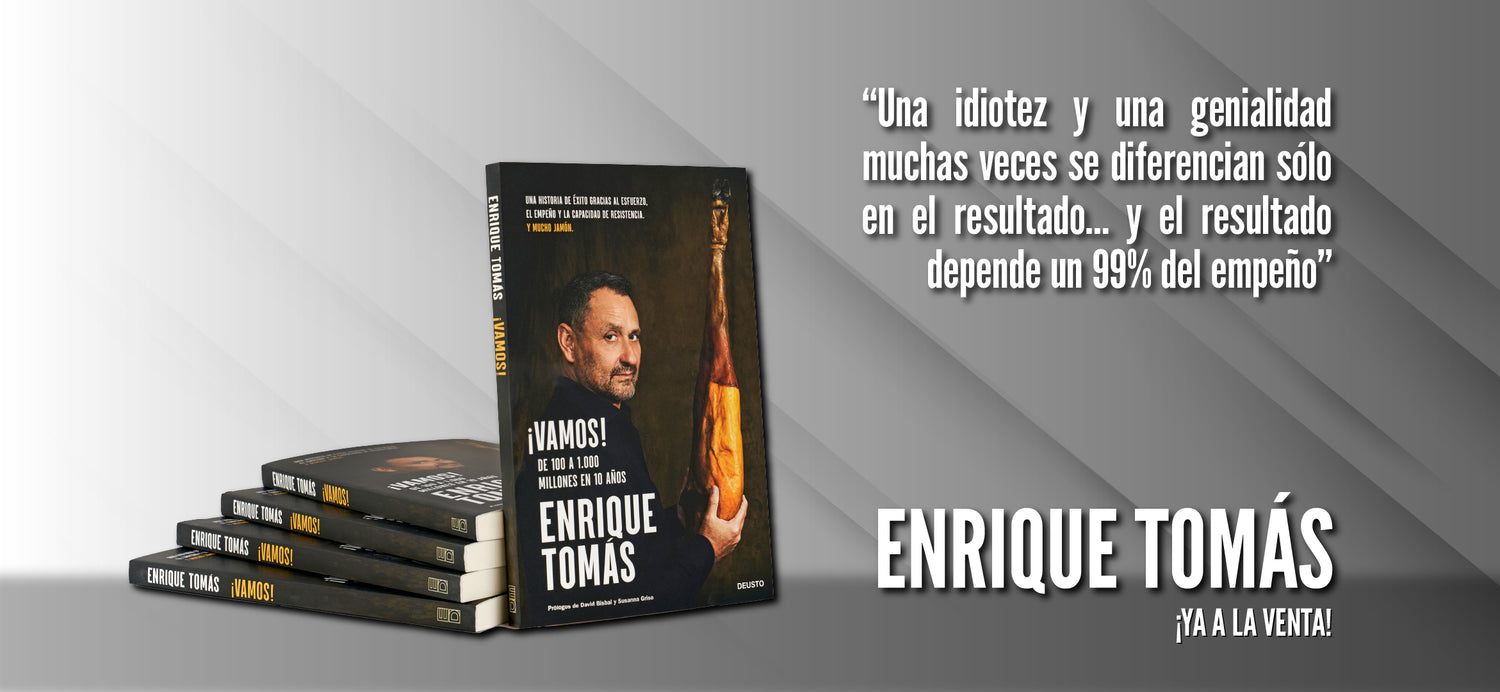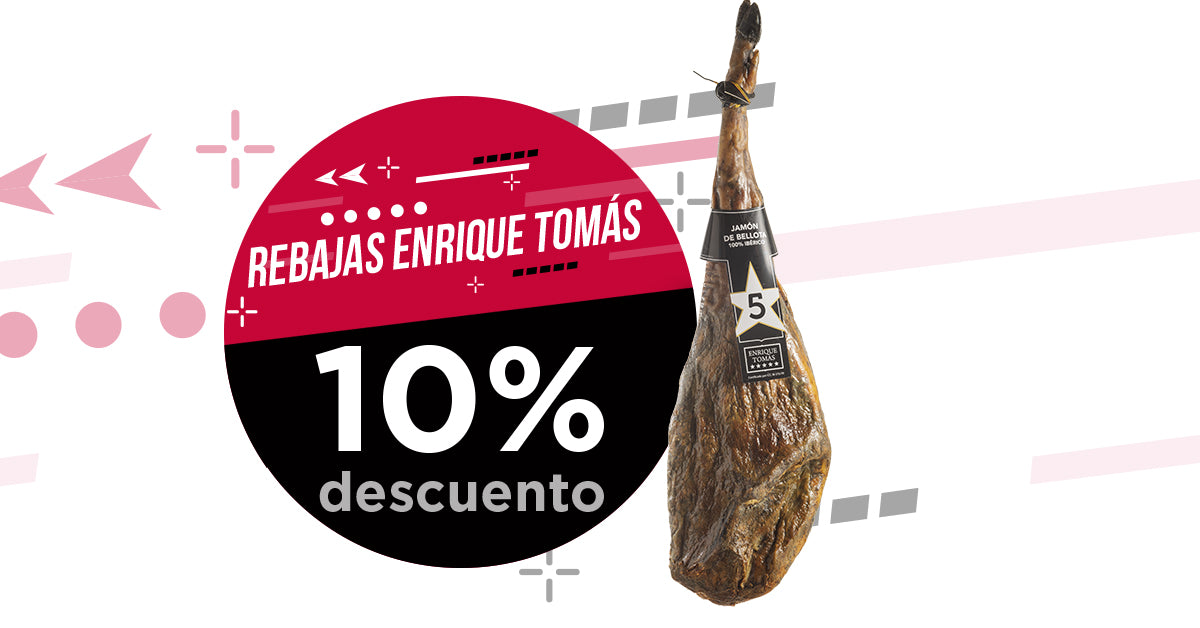
Can you bring sausage to Switzerland?
Switzerland, besides being a very beautiful and well-organized country, has great wonders like chocolate and Swiss watches, among other things. Regarding charcuterie, they have their own, known for their Büdnerfleisch, which is somewhat similar to jerky, and a few other types of locally produced sausages. However, when it comes to ham, they only have their cooked and smoked "Schinken"; in other parts like the French-speaking region, they call it Jambon. But, as is the case with the rest of the world, Iberian ham is almost non-existent. Importing it is very difficult and expensive. We'll explain why.
Switzerland, a European country not in the European Union.
As you already know, Switzerland is not part of the European Economic Area, but it is within the Schengen Area when it comes to the free movement of entry and exit for most European citizens under that area. However, the rules regarding goods change quite a bit.
We will talk about what we know: our Spanish ham and Iberian cold cuts.
Let's get to it!
What conditions must I meet to travel with cold cuts to Switzerland?
Since Switzerland is not part of the European Union and the intercommunity rules we follow do not apply to it, the country has reached various agreements with the EU to facilitate the movement of goods into and out of its borders. For example, you can travel to the country with all kinds of medications, as long as the quantity does not exceed what you need for thirty days of consumption. But let's focus on food.

Each person (including minors) can travel with one kilogram of fresh or cured meat per day if it comes from a neighboring country, North America, or Oceania. When it comes to introducing butter, margarine, or oil, the quantity increases considerably, reaching five kilograms.
Can you travel to Switzerland with Iberian cold cuts?
Yes, you can, but with limitations. If you exceed the allowed one kilogram of meat, you will have to pay taxes for each additional kilogram (to ensure the current rate, it's best to check with their consulate or embassy). Our recommendation is that since you're going to the trouble of bringing it, make sure it arrives in good condition. The best way to protect the quality of your chorizo, salchichón, loin, ham, or shoulder is to bring it in pre-sliced and vacuum-sealed packs. This way, you ensure two things:
- that it arrives in perfect condition
- and that you pay only for the meat and not the bone, which, by the way, is quite heavy.
Vacuum-Sealed Ham
Thanks to this preservation process, the meat is isolated from oxygen, so it does not accelerate its decomposition. Vacuum-sealed sliced packs protect these delicacies perfectly. Just remember to put them in the fridge as soon as you get home; they should be kept between 2 and 8°C, or you can use the famous pantry that almost all Swiss homes have, as long as it doesn't exceed that temperature.

Our pre-sliced packs are usually 80 grams each, so, in order not to exceed the one-kilogram limit per person, you can bring a maximum of eleven/twelve packs to Switzerland, depending on their weight.
However, keep in mind that it's not only countries that dictate what you can bring in your luggage, whether it's carry-on or checked baggage. Airlines usually have restrictions on weight. They typically limit it to ten kilograms for carry-on luggage and twenty kilograms for checked baggage. In other words, if you're going to Switzerland for an extended period, like if you live there, the size of your packs cannot exceed the airline's stipulated limits.
In summary, you don't have to give up the irresistible taste of cold cuts; you can travel with them! At Enrique Tomás, we know how tough it is to have to give up this delicacy, which is why we are expanding to different countries to reach every corner. But until that moment comes, and now that you know, you can rest assured if you get a craving for ham.
Buy It Online
If you don't want the extra weight or can't travel to Spain, we'll deliver it to your doorstep. The limitations still apply, though. You will pay for anything over the one-kilogram limit, and even if you don't exceed it, you will have to pay customs processing fees, but it will be minimal.
Transport to Switzerland is included if your online order exceeds 150 euros, which isn't bad considering that shipping there is also more expensive. But customs fees will have to be paid separately when you are notified that it's on its way. But remember, if it's for a gift, let us know, because if not, the recipient will have to pay it. If this is the case, please contact us before placing the order through our contact form.












